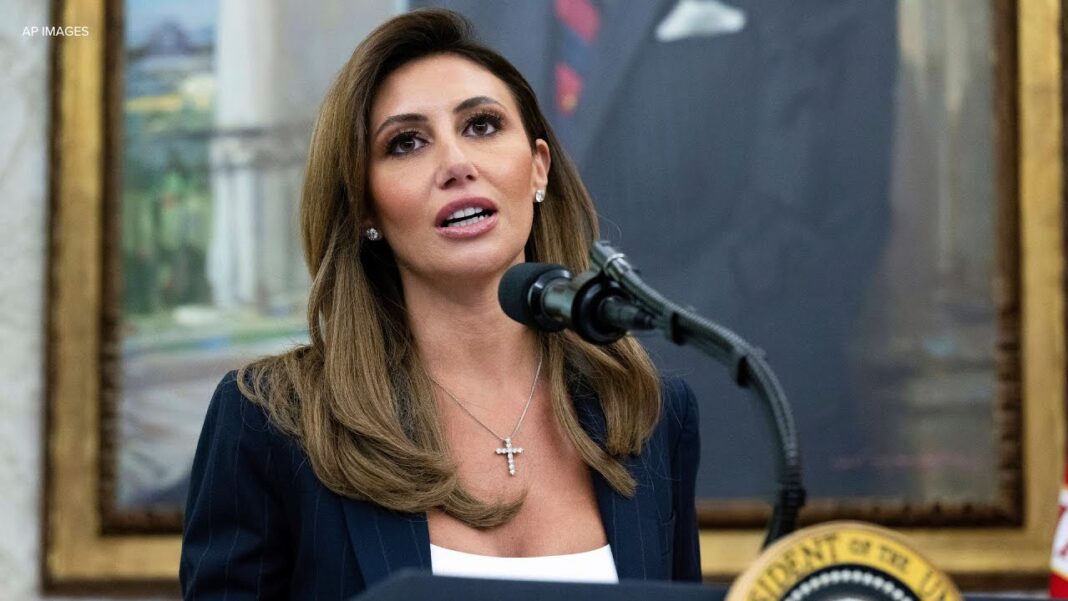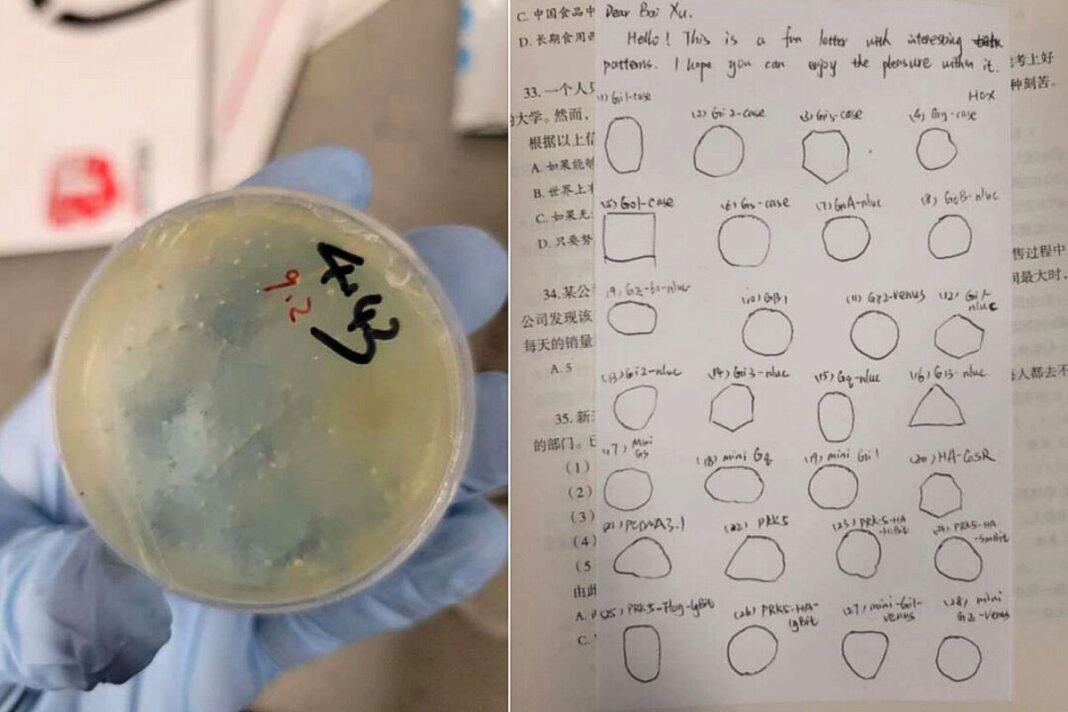The judge said any prosecutorial actions Habba has made since July 1 should be declared voided.
A federal judge on Thursday found that Alina Habba, a former attorney to President Donald Trump, has been unlawfully serving as the top federal prosecutor in New Jersey since July.
“Faced with the question of whether Ms. Habba is lawfully performing the functions and duties of the office of the United States Attorney for the District of New Jersey, I conclude that she is not,” Judge Matthew Brann of the Middle District of Pennsylvania wrote in a 77-page opinion.
“And because she is not currently qualified to exercise the functions and duties of the office in an acting capacity, she must be disqualified from participating in any ongoing cases,” Brann said.
Trump appointed Habba in March as interim U.S. attorney, a role limited to 120 days unless extended by a vote of the district’s judges. When Habba’s term expired in July, the judges opted to replace her with her second-in-command, Desiree Grace. The Justice Department responded by firing Grace and reinstalling Habba, this time designating her as “Special Attorney to the Attorney General.”
By law, interim U.S. attorneys may serve only 120 days before district judges either appoint a temporary successor or the Senate confirms the administration’s nominee. If neither happens, the office’s first assistant may temporarily assume the role. In New Jersey, that would have been Grace, but her removal cleared the way for Habba, now the most senior official in the office, to stay in charge.
The Trump administration took this unusual maneuver as Democrats continue to block the president’s U.S. attorney nominees from getting a full Senate vote. While the administration has extended several interim appointments by sidestepping Senate confirmation and judicial appointment, Habba’s is so far the only one to face a formal legal challenge.
The challenge was brought by three criminal defendants in New Jersey, who argued that Habba lacked legal authority to prosecute them after her 120-day interim appointment ended in July. They asked the court to throw out their indictments, claiming that any case filed under her leadership was invalid.
Brann agreed that Habba had no legal authority but declined to dismiss those charges. Instead, he ruled that anyone who prosecutes them “under the supervision or authority of Ms. Habba” would be subject to disqualification, and that any prosecutorial actions she has made since July 1 should be declared voided.
By Bill Pan








